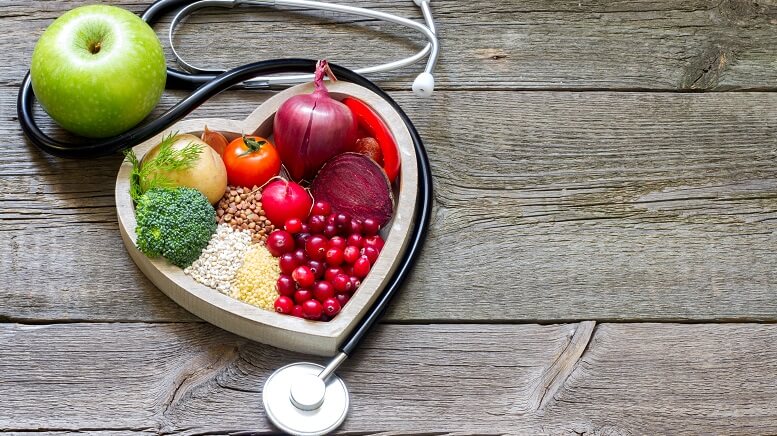COPD is a chronic lung condition that includes two conditions: emphysema and chronic bronchitis. These conditions damage the lungs and airways, making it more difficult to breathe. Common symptoms include shortness of breath, chronic cough with mucus, wheezing, and fatigue. If you has been diagnosed with chronic obstructive pulmonary disease (COPD) and have talked with a doctor about what to do next, you probably know there are COPD guidelines for good nutrition and weight control.
People with COPD are advised to follow a healthful diet because:
*When a person has COPD, breathing takes more effort and energy. As a result, people with COPD need to get more energy and nutrients from the food they eat.
*COPD impairs the lungs’ ability to get oxygen, so proper nutrients from food become even more important for the lungs.
*A poor diet can cause unplanned weight loss in people with COPD. They may have difficulty eating or burn too many calories through the additional effort they use to breathe. This may lead to weaker muscles, less activity, and more shortness of breath.
*Fueling the body with proper nutrition can help a person with COPD feel better, be more active, and help maintain the best possible lung function.
When we consider diet, we often think about calorie intake. This is important, but guidelines for calorie intake will change as your COPD progresses.The diet should focus on vegetables, fruits, whole grains, legumes, and lean protein. In the early stages, your recommendations will focus on controlling the problems of being overweight. In the later stages, as breathing becomes more difficult and requires more energy, you may need to increase calorie intake to avoid becoming underweight.
Staying hydrated is important. If you are using supplemental oxygen, you may notice increased irritation in your nose and airways and your mucous membranes may tend to dry out. Fluids can help. They can also help prevent constipation. In addition to water and decaffeinated coffees and teas, milk is safe for the COPD patient. Contrary to what you might think, milk will not increase mucus production in your throat, lungs or nasal passages. Milk is also an excellent source of protein, calcium, riboflavin and vitamins A, D and B-12.
Experts agree that eating a rainbow of brightly colored vegetables may aid in protecting your health. What does color have to do with it? Bright-colored vegetables (and fruits, as well) are packed with nutrient-rich plant compounds called phytochemicals that help the body neutralize free radicals, such as, tomato, cucumber, carrot. Free radicals cause damage to your cells and tissues and may lead to chronic illness.
Fruits, particularly those high in antioxidants and phytochemicals, are believed to have a protective effect on the lungs and have been linked to a lower risk of dying from COPD. In fact, one study suggests that increasing the amount of fruit you consume by 100 grams (approximately one serving) a day is associated with a 24% lower COPD mortality risk. Choose from the following super food fruit list: Apple, Pear, Citrus fruits (oranges, grapefruit), Berries, Cherries, Apricots, Cantaloupe, Watermelon, Grapes, Citrus fruit peel.
Some people with COPD may find that eating can be difficult, especially as the disease progresses. Breathing while chewing food and swallowing can be challenging when a person is short of breath. This can lead to more weight loss, as the person may not feel like putting in the effort to eat, or may lose their appetite. To help reduce some of the effort in chewing and eating, people with COPD may wish to try soft or pureed foods, such as: Cooked vegetables and fruits instead of raw. Ground meats in place of steaks and whole chicken breasts. Soups made with well-cooked or puréed meats and vegetables. Well-cooked whole grain pasta and rice.
Many foods can make up a healthful diet, but no one food will improve COPD symptoms. However, focusing on healthful foods and following a dietitian’s advice can help people with COPD feel better and lead more active lives.
Eileen Song









